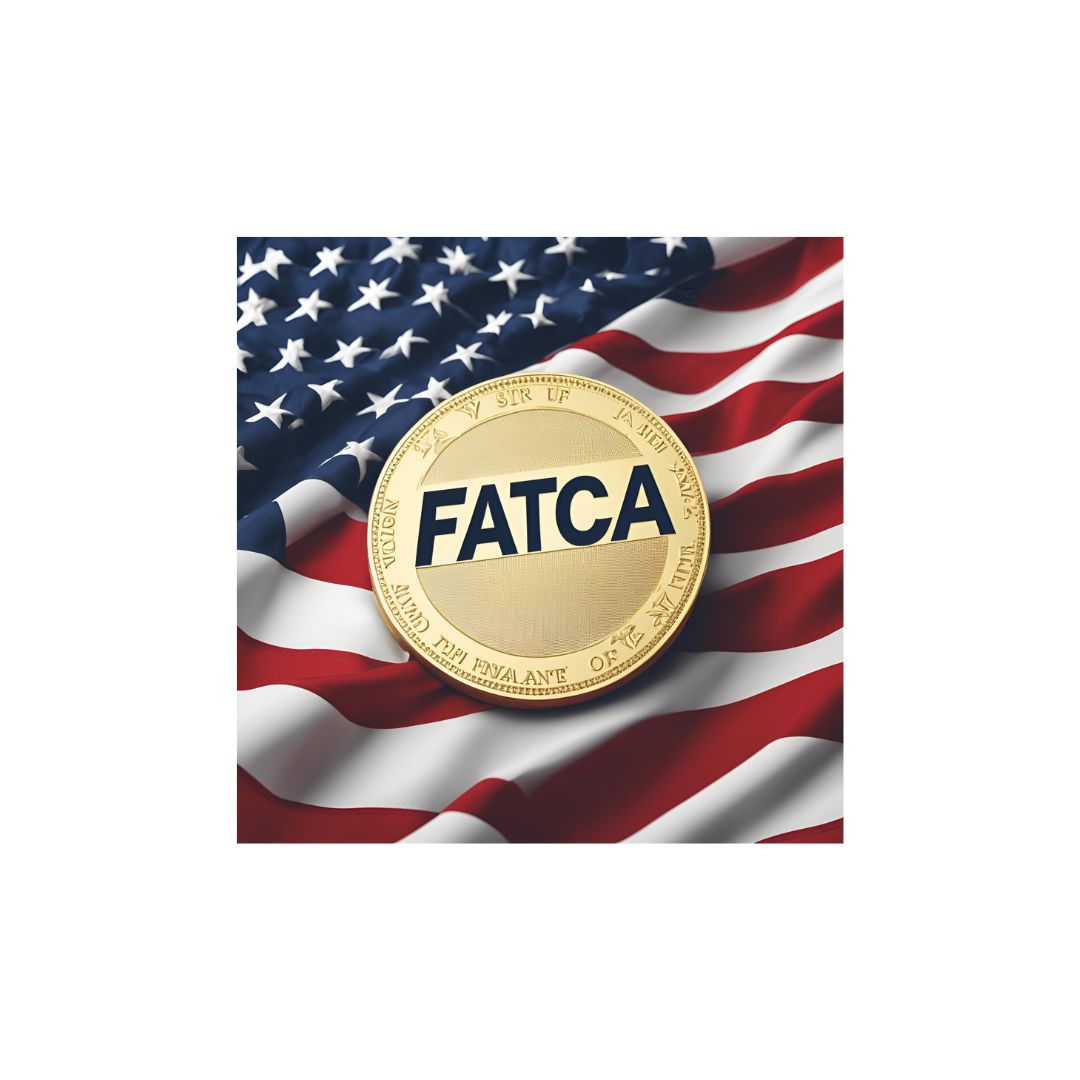IRS Form 5472 is essential for foreign-owned U.S. businesses.
Form 5472 is a requirement for entities that are at least 25% foreign-owned and the failure to file can result in penalties starting at $25,000 per form.
The Inflation Reduction Act is likely to increase IRS scrutiny of these forms significantly so it is important to stay updated.
An Operating Agreement (OA) for an LLC, though not always legally required, is crucial for business success. It outlines members' rights, responsibilities, and management structure, helping to prevent disputes, anticipate problems, and facilitate fair business sales.
Having an OA provides clarity and can protect members' interests, ensuring smoother operations and fewer conflicts.
Consult a lawyer to draft a tailored and detailed agreement for your LLC.
Electing S Corporation status can offer significant tax benefits for small businesses by enabling pass-through taxation, avoiding double taxation on corporate income. S Corps provide tax savings on self-employment income and allow deductible business expenses. However, they come with strict eligibility requirements, administrative complexities, and scrutiny over reasonable compensation.
A holding company is a type of business entity that owns and controls the shares or membership interests of other Corporations or LLCs, respectively. Unlike business entities that focus on sale of goods or providing services, a holding company’s primary function is to hold a significant portion of the ownership interests in other businesses. This allows the holding company to influence or control the operations and policies of these subsidiary companies, which can can have several benefits...
The Foreign Earned Income Exclusion (FEIE) helps U.S. citizens and residents working abroad reduce their U.S. federal income tax burden by excluding up to $126,500 of foreign-earned income for 2024.
To qualify, individuals must pass either the Bona Fide Residence Test or the Physical Presence Test and earn income from working in a foreign country.
Benefits include reduced tax liability, simplified tax reporting, and potential additional benefits like the Foreign Housing Exclusion.
The IRS Streamlined Filing Compliance Procedures assist various groups, including accidental Americans, digital nomads, and American expatriates, in rectifying unintentional failures to report foreign financial assets.
Under this streamlined procedure, U.S. residents face a 5% penalty on the highest foreign asset balance, while non-residents typically incur no penalties.
This process offers reduced penalties, a simplified disclosure pathway, and an opportunity for compliance.
IRS Form 8938, the "Statement of Specified Foreign Financial Assets," is used by U.S. taxpayers to report foreign financial assets under FATCA. For U.S. residents, singles or separate filers must report if assets exceed $50,000 at year-end or $75,000 anytime. Joint filers must report if assets exceed $100,000 at year-end or $150,000 anytime. Penalties for non-compliance include a $10,000 initial fine, up to $50,000 for continued failure, and potential criminal charges.
Digital nomads and American expatriates with foreign financial accounts must be aware of FATCA's reporting requirements.
U.S. taxpayers living abroad, must report foreign financial assets using Form 8938 (Statement of Specified Foreign Financial Assets) if the total value exceeds certain thresholds.
Additionally, the FBAR (FinCEN Form 114) must be filed if the aggregate value of a US Taxpayer's foreign accounts exceed $10,000 at any time during the year.
The Inflation Reduction Act (IRA) is set to bring about transformative changes in IRS operations and audit practices starting in 2025.
This comprehensive legislation, aimed at curbing inflation, reducing the federal deficit, and fostering economic stability, includes significant provisions for enhancing the capabilities of the Internal Revenue Service (IRS).
Businesses can expect a substantial increase in IRS audits and more rigorous enforcement of tax compliance in the coming years.









